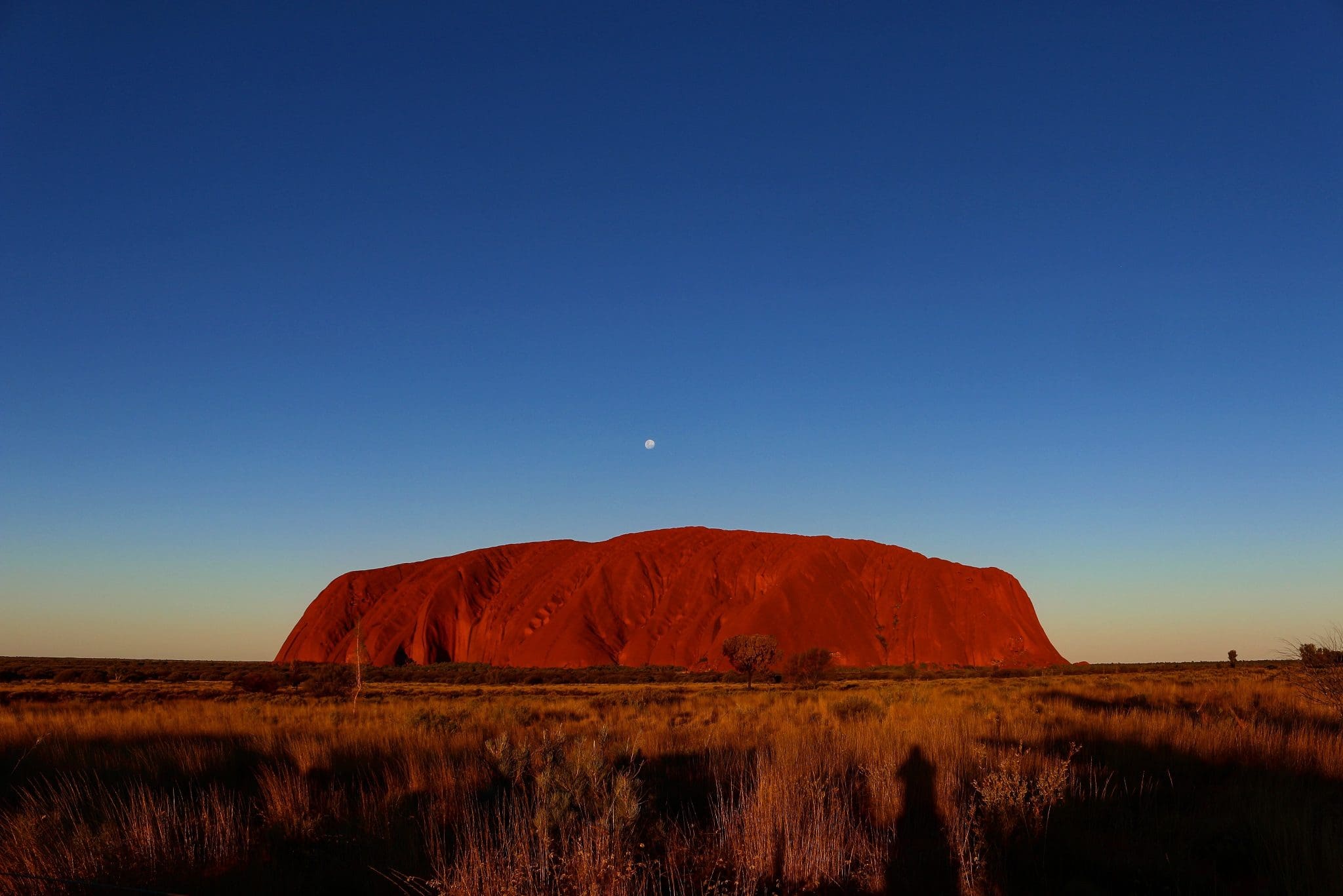2022 was a year of recognition for Aboriginal and Torres Strait Islander peoples. In July last year, Prime Minister Anthony Albanese announced the first draft question of the 2023 Referendum at the Garma Festival, in the Northern Territory’s north-east Arnhem Land. Albanese stated that the final question will be momentous, but very simple.
“Do you support an alteration to the constitution that establishes an Aboriginal and Torres Strait Islander Voice?”
Later this year, Australians will be asked to vote in a national referendum on an Indigenous Voice to Parliament. The referendum is in response to the Federal Government’s commitment to the Uluru Statement from the Heart, which calls for Voice, Treaty and Truth.
Queensland and Western Australia have already begun Treaty discussions, and Victoria is already undergoing a process for Treaty. New South Wales may follow suit if the upcoming state election yields victory for Labor, who announced a $5 million allocation towards a twelve-month consultation process with First Nations communities on a Treaty for New South Wales. Labor Leader Chris Minns stated that “[a Treaty] may involve an agreement between the government and literally hundreds of First Nation communities […] we’ve allocated money to begin the treaty process to start that dialogue and communication about that interaction between First Nations and the NSW government.”
However, Minns has been clear that a Treaty for New South Wales must come after any Commonwealth recognition process.
“I want to make sure that national recognition of the Voice takes precedence, because I do think it’s important that we don’t have confusion about what’s on the table, given that the Commonwealth government is committed to a referendum this year. So we’re not waiting forever, but as soon as that’s over, we’ll begin the process,” Minns said.
To understand what is at stake for Indigenous communities, first we have to ask what a Treaty is. A Treaty is a legally binding agreement between governments and Aboriginal and Torres Strait Islander peoples. A Treaty involves three key elements: recognition, negotiation, and settlement of claims that provide a sense of self-government.
As part of Labor’s proposed consultation process, the government would discuss with Indigenous communities what the process should look like. The critical question for First Nations people in New South Wales is this: if Labor claims an election victory on March 25th, could they successfully enact a meaningful Treaty?
Firstly, it is proposed that consultations will begin after the referendum on the Voice later this year, regardless of the outcome. During those consultations, the government will determine whether First Nations peoples want a treaty or agreement-making process, and what that would look like. But how would the consultation process work? How many First Nations communities will be consulted during this period? How will the government ensure self-determination is maintained in these communities and these consultations are meaningful, rather than just a tick-a-box moment?
Victoria has been in discussions of a Treaty since early 2016, and led more than a dozen community consultations across the state. The Advancing the Treaty Process with Aboriginal Victorians Act 2018, Australia’s first ever Treaty law, reflects the Victorian government’s intention to work with First Nations Victorians to create a meaningful impact. During these proposed Treaty discussions, how can the government ensure that Aboriginal sovereignty is maintained and not diminished? Currently, NSW has establishments of Local Aboriginal Land Councils across the state so the Victorian model would not be easily applied in NSW.
NSW used to be a leader when it came to Aboriginal culture and heritage recognition, with the Aboriginal Languages Act 2017 and the Aboriginal Land Rights Act 1983. But, NSW has become a notable outlier as every other state/territory government expresses their support for a Treaty. NSW has a chance at this election to finally catch up with the rest of the country, and it will be interesting to see how the Treaty process will take place and how First Nations people in NSW can maintain sovereignty, and self-determination.
Although the current New South Wales Liberal-National coalition government has publicly backed the Commonwealth’s Voice to Parliament, Minister for Aboriginal Affairs Ben Franklin has declared that a Treaty would “not [be] on the agenda” for a re-elected Perrottet government, in a move which has drawn criticism from Reconciliation Australia co-chair and Worimi man Joshua Gilbert.
“[The NSW government] needs to consider its national standing and inconsistent stance compared with other jurisdictions,” said Gilbert.
“We do need to start thinking about what this looks like in terms of our state compared to all the others across Australia. There is quite a lot that we can learn from other states. This isn’t a new concept — there are a lot of examples that we should be looking at overseas as well.”
The NSW Aboriginal Land Council has called for bipartisan support for a Treaty in NSW, placing particular emphasis on the importance of having the process led by Aboriginal people and representative community-controlled structures.
A spokesperson for the NSW ALC said in a statement, “It represents a chance to heal the past and build on the constructive relationship between NSW Aboriginal Land Council Network, government and Aboriginal peoples and communities more broadly.”
“A Treaty is a practical way for NSW to deepen Aboriginal participation in the economy and broader community. It will ensure the voices of Aboriginal people are heard loud and clear.”
Regardless of the outcome of the March election, public sentiment in New South Wales is changing. Many states will ride the wave of momentum generated by the Voice referendum, however NSW will notably fall behind under a Liberal-National government without a clear plan to recognition of Aboriginal and Torres Strait Islander sovereignty.





